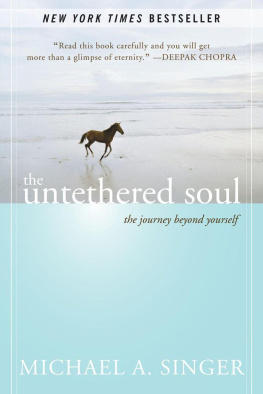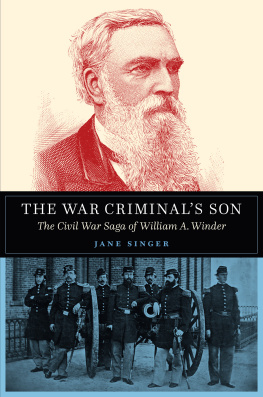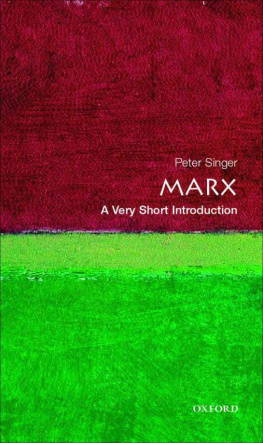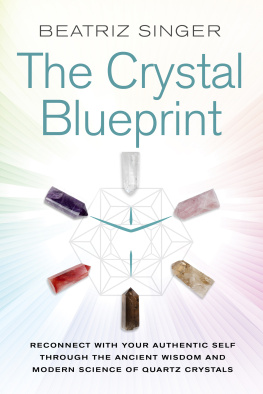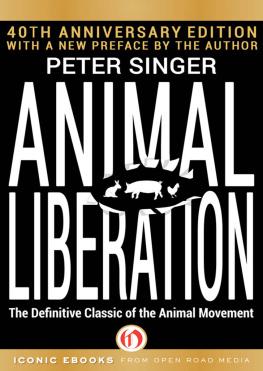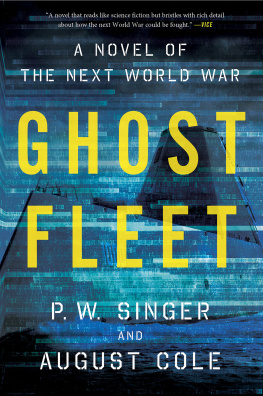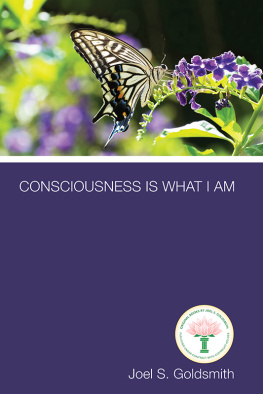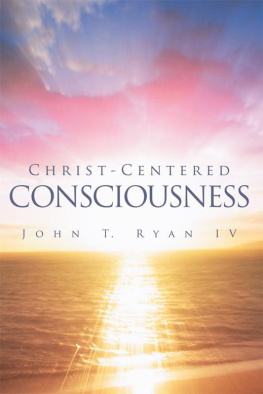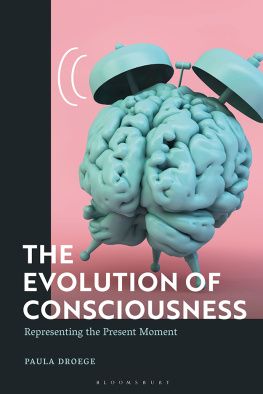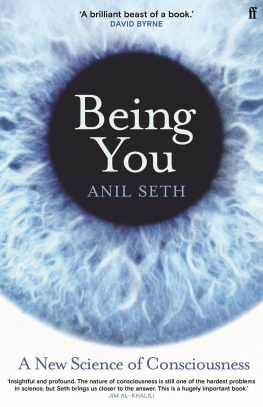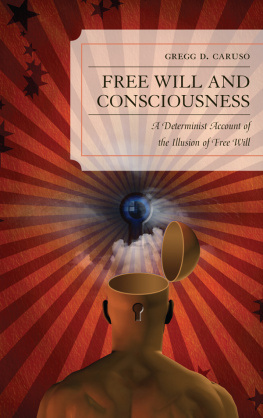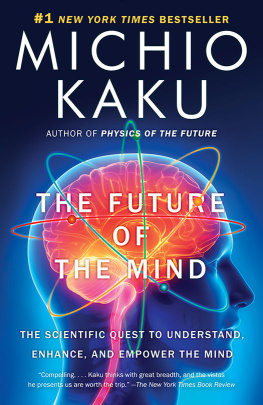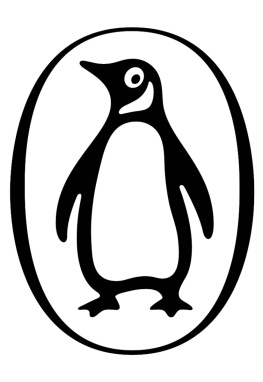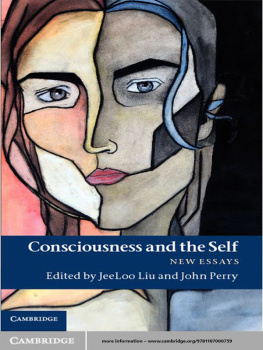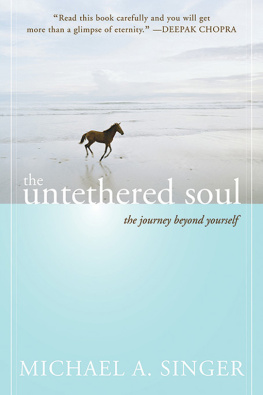In the book, The Untethered Soul, Michael Singer takes you step-by-step through the process of Gyana, the Yoga of the Intellect, to the Source. Moreover, he does it with elegant simplicity. Read this book carefully and you will get more than a glimpse of eternity.
Deepak Chopra, Author, Life After Death: The Burden of Proof
In lucid, unadorned prose, Michael Singer delivers the essence of the great spiritual teachings of the Ages. Each chapter of The Untethered Soul is an instructive meditation on the binds of the human condition and how each and every knot can be gracefully untied so that our souls may fly. The accuracy and simplicity of this work is a measure of its pure mastery.
James ODea, President of the Institute of Noetic Sciences (IONS)
Deep spirituality is within your reach in this book. In it you will find the mirror to see your unconditional, holy Self. If you look for practical spirituality not encumbered by credo and ritual, read this book.
Rabbi Zalman Schachter-Shalomi: coauthor of Jewish With Feeling and From Age-ing To Sage-ing
Michael Singer has opened my mind to an entirely new dimension of thought. Through The Untethered Soul I have been challenged both psychologically and intellectually in a new and exciting way. It may take more than one reading and many hours of introspection but The Untethered Soul is a must read for anyone in search of greater understanding of themselves and of the truth.
Louis Chiavacci, Senior Vice-President, Merrill Lynch, ranked in Barrons top 15 U.S. Investment Managers
The Untethered Soul is a brilliant treatment of the path of spiritual consciousness. It is clearly and powerfully written. Michael Singer provides a firm step for those on a spiritual journey.
Abdul Aziz Said, Professor of Peace Studies, Chair of Islamic Peace, American University
This publication has released boundless joy for the hungry souls of the world.
Ma Yoga Shakti Saraswati, founder of Yogashakti International Mission, recipient of Hinduism Today Hindu of the Year 2000 award
East is East and West is West, but Michael Singer bridges these two great traditions in a radiant treatise on how to succeed in life from our spiritual quest to our everyday tribulations. Freud said that life was composed of love and work. With great eloquence, wit, and compelling logic, Singers brilliant book completes this thought by showing them to be two poles of the same selfless devotion.
Ray Kurzweil, inventor, National Medal of Technology recipient and author of The Age of Spiritual Machines, The Singularity is Near, and other books
This is a seminal book that quite frankly is in a class by itself. In a simple, yet paradoxically profound way, Michael Singer takes the reader on a journey that begins with consciousness tethered to the ego, and ends having taken us beyond our myopic, contained self-image to a state of inner freedom and liberation. Michael Singers book is a priceless gift to all who have futilely searched and yearned for a richer, more meaningful, creative life.
Yogi Amrit Desai, internationally recognized pioneer of modern yoga

Publishers Note
This publication is designed to provide accurate and authoritative information in regard to the subject matter covered. It is sold with the understanding that the publisher is not engaged in rendering psychological, financial, legal, or other professional services. If expert assistance or counseling is needed, the services of a competent professional should be sought.
A copublication of New Harbinger Publications and Noetic Books.
Distributed in Canada by Raincoast Books
Copyright 2007 by Michael A. Singer
New Harbinger Publications, Inc.
5674 Shattuck Avenue Oakland, CA 94609
www.newharbinger.com
Acquired by Catharine Sutker
All Rights Reserved
Epub ISBN: 978-1-60882-049-8
The Library of Congress has cataloged the print edition as:
Singer, Michael A.
The untethered soul : the journey beyond yourself / Michael A. Singer.
p. cm.
ISBN-13: 978-1-57224-537-2
ISBN-10: 1-57224-537-9
1. Consciousness. 2. Self. I. Title.
BF311.S5683 2007
153--dc22
2007028150
To the Masters
contents
References
acknowledgments
The seeds for this work were planted many years ago when Linda Bean was transcribing some of my lectures and encouraged me to write a book. She patiently labored through years of archived material until it was time for me to begin writing. Her commitment and dedication to this project are deeply appreciated.
Once I began writing, Karen Entner assisted me by organizing materials, making content suggestions, and maintaining the manuscript. We worked together to edit version after version until the flow of words brought a sense of peace to the heart, mind, and soul. Her dedication and heartfelt work are much appreciated and one of her lifelong dreams comes to fruition with the publication of this book.
introduction
This above all: to thine own self be true, and it must follow, as the night the day, thou canst not then be false to any man. William Shakespeare
Shakespeares age-honored words, spoken by Polonius to his son Laertes in Act I of Hamlet, sound so clear and unambiguous. They tell us that to maintain honest relations with others we must first be true to ourselves. Yet if Laertes were to be totally honest with himself, he would realize that his father may as well have told him to catch the wind. After all, to which self are we to be true? Is it the one that shows up when were in a bad mood, or the one that is present when we feel humbled by our mistakes? Is it the one who speaks from the dark recesses of the heart when were depressed or upset, or the one that appears during those fleeting moments when life seems so fanciful and light?
From these questions we see that the concept of self may turn out to be a bit more elusive than initially presumed. Perhaps if Laertes could have turned to traditional psychology, it would have shed some light on the subject. Freud (1927), the father of psychology, divided the psyche into three parts: the id, the ego, and the superego. He saw the id as our primal, animal nature; the superego as the judgment system that society has instilled within us; and the ego as our representative to the outside world that struggles to maintain a balance between the other two powerful forces. But this certainly would not have helped young Laertes. After all, to which of these conflicting forces are we to be true?
Again we see that things are not always as simple as they seem. If we dare to look past the surface of the term self, questions arise that many people would rather not ask: Are the many aspects of my being all equally part of my self, or is there only one of meand if so, which, where, how, and why?
In the following chapters, we will undertake a journey of exploration of self. But we will not do so in a traditional manner. We will neither call upon the experts in psychology, nor upon the great philosophers. We will not argue and choose between time-honored religious views, or resort to statistically supported surveys of peoples opinions. We will, instead, turn to a single source that has phenomenal direct knowledge on the subject. We will turn to one expert who, for every moment of every day of their life, has been collecting the data necessary to finally put this great inquiry to rest. And that expert is you.

